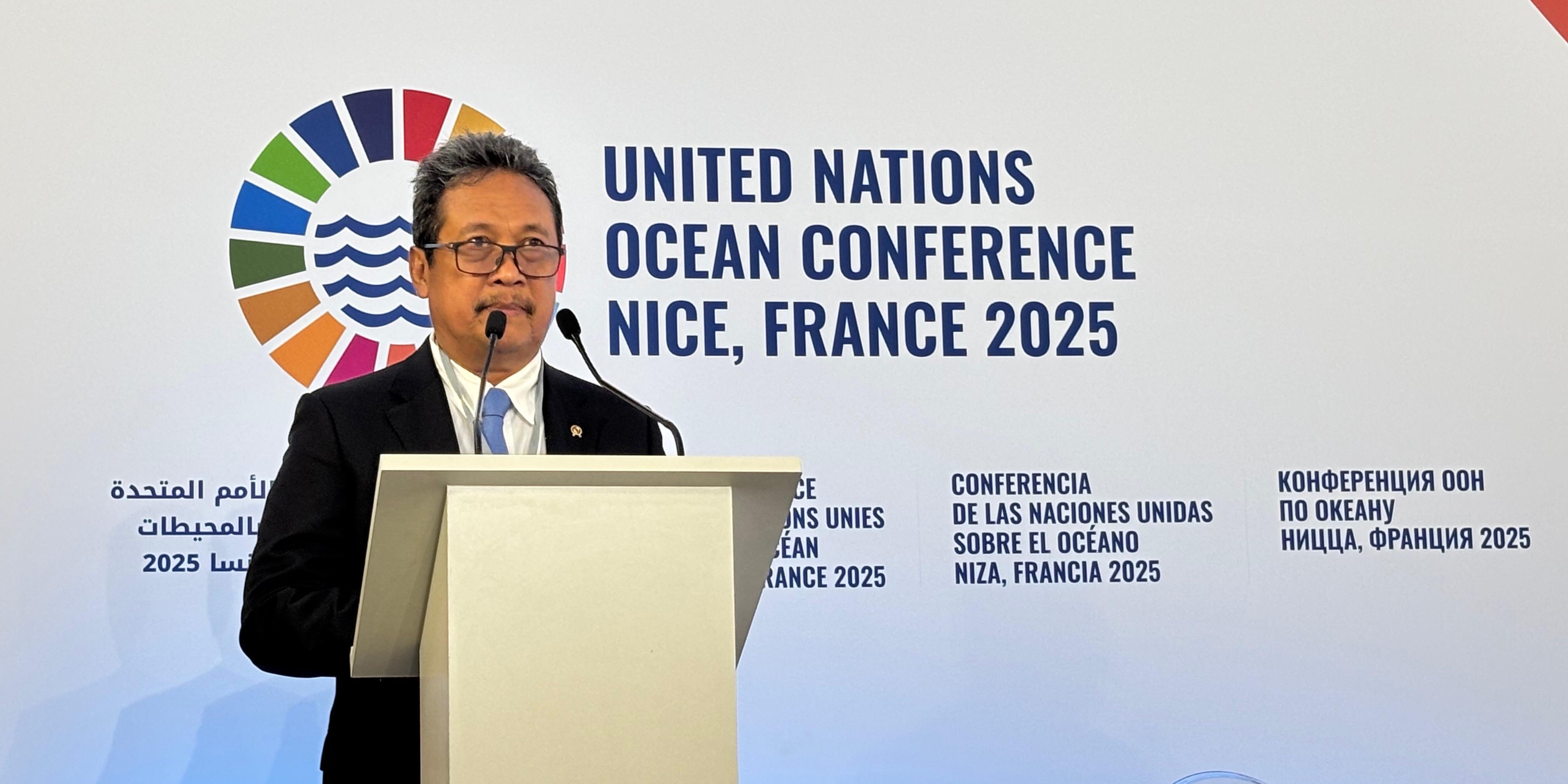
Product walkthrough, trial, POCs, enterprise offering, support and more. Speak with one of our specialists.


Product walkthrough, trial, POCs, enterprise offering, support and more. Speak with one of our specialists.

Policy and industry News

Our oceans are truly extraordinary! They cover most of our planet, are home to incredible creatures, and provide vital resources for us. For years, countries around the world have worked together to manage and protect this vast blue expanse. At the heart of these efforts is the United Nations Convention on the Law of the Sea (UNCLOS), often called the "Constitution for the Oceans."
Imagine a global rulebook for the seas – that’s essentially UNCLOS! Signed by more than 160 countries, the convention sets the framework for everything from shipping and navigation to marine environmental protection and the use of ocean resources.
This convention defines things like territorial waters, where a country has full sovereignty, and the exclusive economic zone (EEZ), where a country has special rights to explore and use marine resources. For decades, UNCLOS has been instrumental in creating order and preventing conflict at sea.
While UNCLOS has been very successful, there was still a gap: how do we protect the high seas? These are vast ocean areas beyond the national jurisdiction of any country. They are incredibly diverse and crucial for our planet’s health, but face growing threats from pollution, overfishing, and climate change.
Enter the innovative Biodiversity Beyond National Jurisdiction (BBNJ) Agreement! This historic treaty, recently adopted, is a powerful new tool built upon UNCLOS. It aims to safeguard marine life and ecosystems in areas that were previously under-regulated. Think of it as UNCLOS getting a strong upgrade to tackle specific high seas challenges.
The BBNJ Agreement focuses on several key areas:
· High Seas Marine Protected Areas (MPAs): For the first time, we will have a clear framework to designate and manage protected areas in international waters, safeguarding vital habitats and species.
· Environmental Impact Assessments: Before new activities (like deep-sea mining exploration) can take place on the high seas, their potential environmental impacts must be thoroughly assessed.
· Sharing Marine Genetic Resources: The treaty establishes a fairer system to share the benefits of marine genetic resources discovered in the high seas, recognizing them as a common heritage.
· Capacity-Building and Technology Transfer: The agreement promotes cooperation to help developing countries engage in marine scientific research and protect their marine environments.
Together with UNCLOS, the BBNJ Agreement is a major step forward for ocean conservation. Recognizing its importance, Indonesia has officially ratified the BBNJ Agreement.
This was announced by Minister of Marine Affairs and Fisheries, Sakti Wahyu Trenggono, at the third UN Ocean Conference (UNOC-3) held in Nice, France. Through this treaty, Indonesia joins more than 40 other nations in the global "Aquatic Blue Food Coalition" to protect marine biodiversity in the high seas or areas beyond national jurisdiction.
The ratification was formally enacted through Presidential Regulation No.67 of 2025 on June 4, 2025. At the UNOC-3, Indonesia also submitted its ratification document to the UN, marking Indonesia as the 51st country to join this important agreement.
This step is not just symbolic. According to the government, ratifying the BBNJ Agreement is a concrete commitment by Indonesia to protect the ocean as a source of life, prosperity, and national wealth. The treaty is expected to provide protection against pollution and overexploitation of marine ecosystems, while also opening new economic opportunities through the development of marine technology and biotechnology.
Previously, Deputy at the Coordinating Ministry for Maritime and Investment Affairs, Jodi Mahardi, stated in June 2024 that BBNJ implementation could be a driver of Indonesia’s blue economy. This sector even has the potential to grow into a multi-billion-dollar industry






















Jejakin’s green programs combine high-tech monitoring, biodiversity restoration, and community-led initiatives to deliver powerful, sustainable change across ecosystems.








